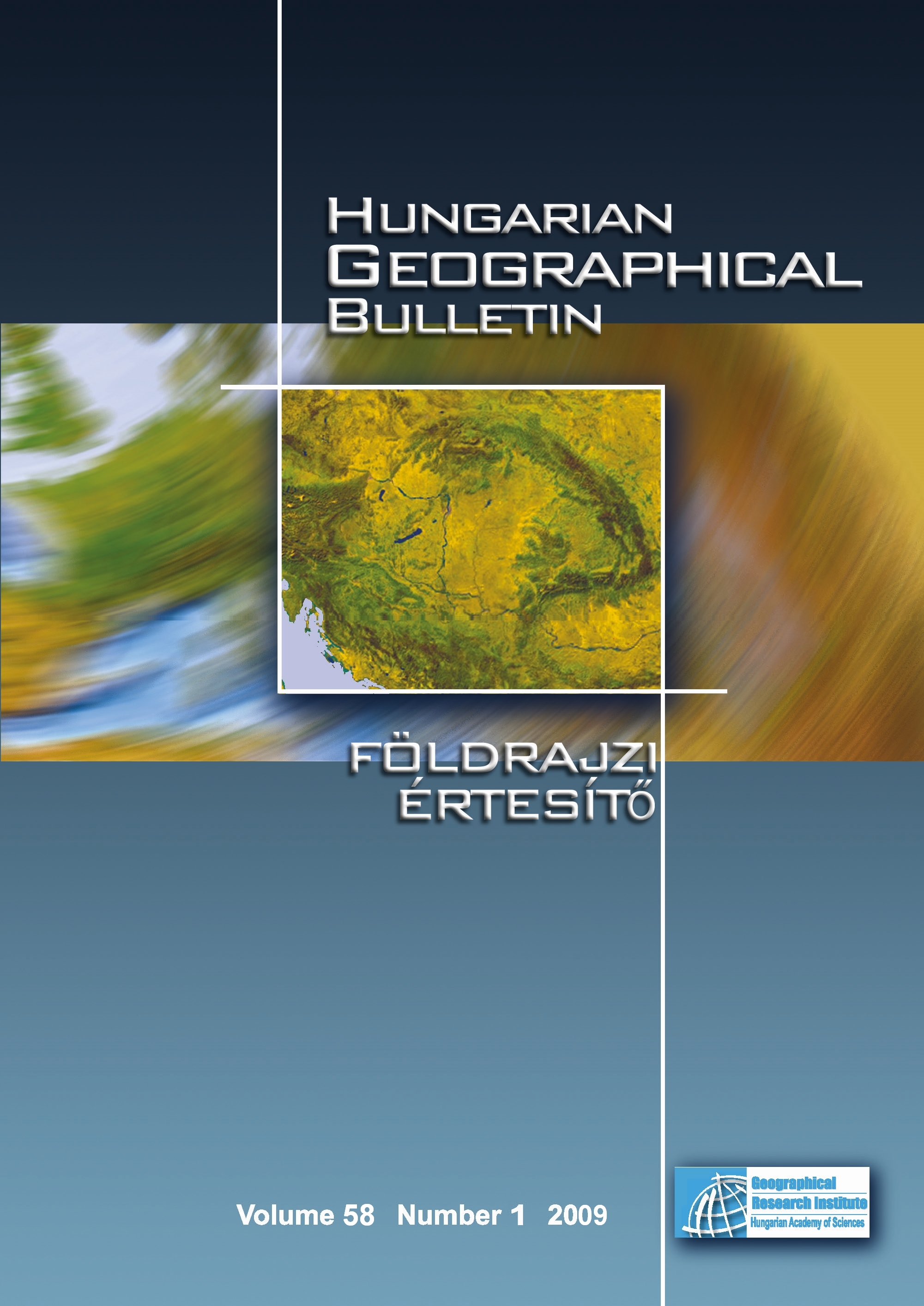Geopolitics of pipelines and Eastern Europe with especial regard to Hungary
Abstract
The energy strategy of East Central European countries have joined to EU in 2004 is differentiated. It can be stated that majority of these countries have already energy policy and strategy to secure their own energy supply. All of them are making fluent efforts to be independent from considerable part of the Russian oil and gas import in the near or farer future. To avoid negative effects of the future’s unforeseen gas wars and unfriendly actions originated from Russia or Ukraine, the new member states of the European Union have worked out more scenarios and projects for the future. Additionally, they have also declared targets to increase the rate of renewable energy in their domestic energy production. Opposite to it Hungary is still stuck into powerful energy economies that drive to international energy-security politics. The county has just switched sides when turned off from US initiations and gave preference to Russian connections. Furthermore there are no visible indication of a coherent national energy security strategy. It is not surprising that the country is not taken into account when decisions are made, neither to the extent is should. It shoud be priority to take pending political decisions and form a real national strategy.
Copyright (c) 2009 Károly Kocsis, Tibor Tiner

This work is licensed under a Creative Commons Attribution-NonCommercial-NoDerivatives 4.0 International License.






